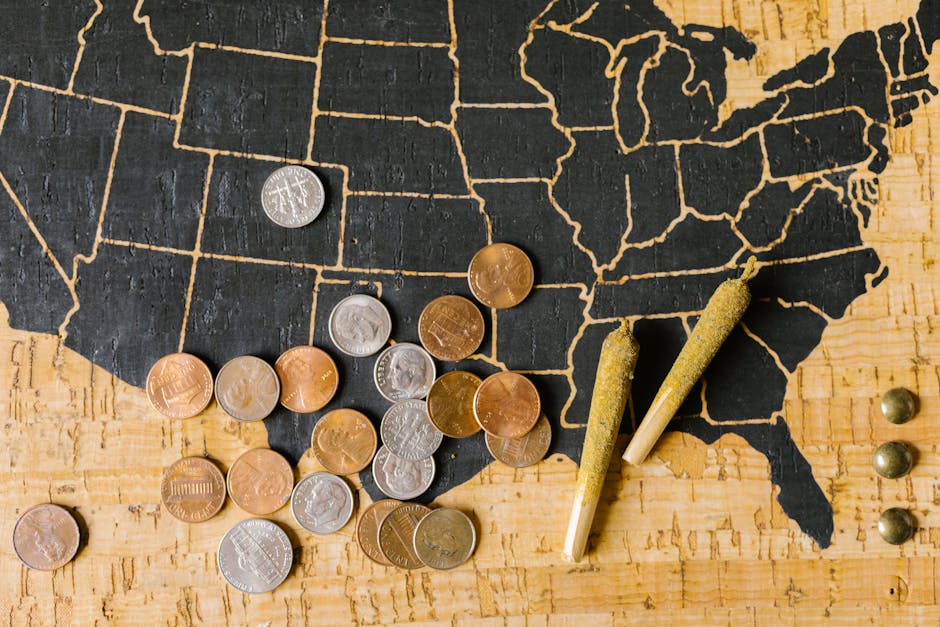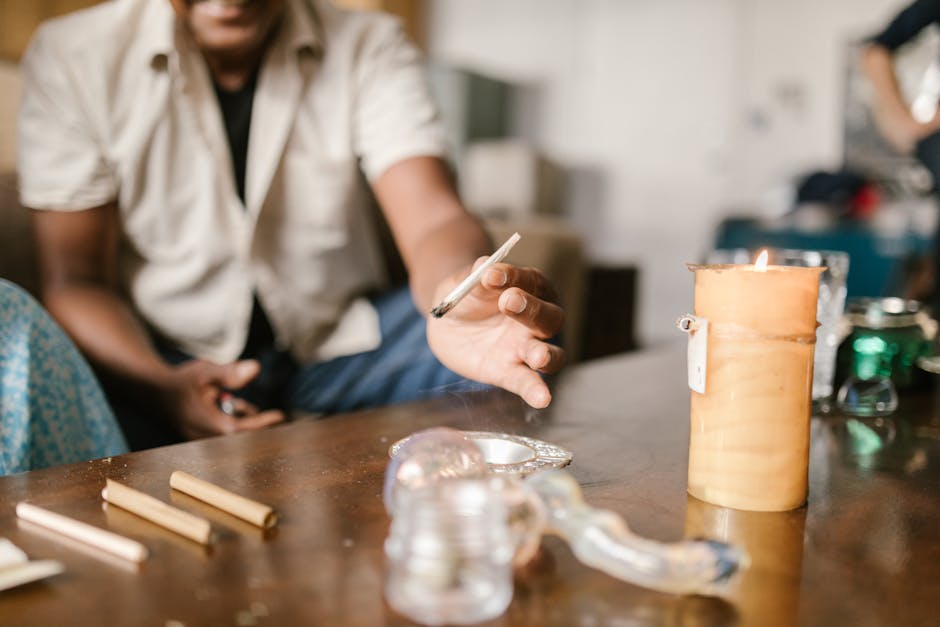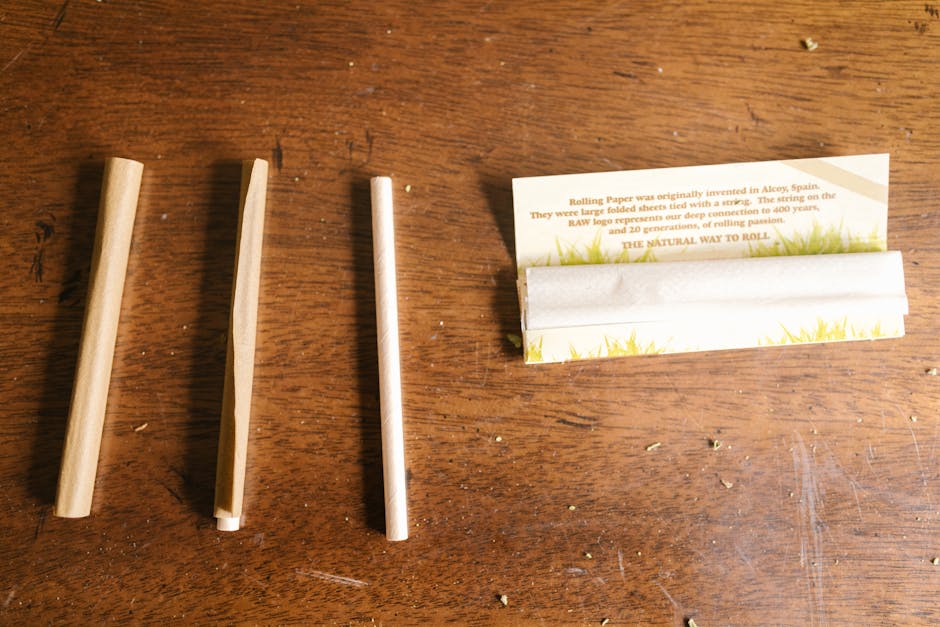
How Cannabis Is Legal
Share
There are two main types of cannabis legalization, which will be discussed in this article: medical cannabis legalization in varying states and the 2018 Hemp Farm Bill.
Medical cannabis legalization refers to the legalization of cannabis for medicinal purposes in a number of states. In these states, individuals with qualifying medical conditions can legally purchase and use cannabis to manage their symptoms. Many studies have shown that cannabis can be effective in managing a wide range of medical conditions, such as chronic pain, anxiety, depression, and insomnia. It can also be used to manage the side effects of other medications, such as nausea and vomiting caused by chemotherapy.
The 2018 Hemp Farm Bill legalized hemp, which is a cultivar of the cannabis plant that is used for industrial purposes. This bill made it legal to grow and produce hemp products, including CBD, which is a non-psychoactive component of the plant. This has led to the increasing popularity of CBD products and has helped to reduce the stigma associated with cannabis.
The legalization of cannabis has been a slow process that has been happening for several years. Some states in the US have fully legalized cannabis while other states have only legalized CBD, a non-psychoactive component of the plant. In some countries, cannabis is fully legal and regulated just like tobacco or alcohol.
Cannabis has many uses and cultivars, also known as different types of plants. These differences affect the psychoactive and non-psychoactive effects of the plant. Different cultivars are used for different purposes such as medical use, recreational use, or industrial use.
Thirty Seven States Have Legalized Cannabis for Medical Use

Photo by RODNAE Productions on Pexels
Have you ever wondered why some states allow people to use marijuana while others don't? Well, that's because the legal status of cannabis (another word for hemp and marijuana) is a complicated and ongoing topic in the United States.
Since 1996, 37 states in the United States have legalized cannabis for medical purposes. Medical use of a substance refers to using it for the purpose of treating an illness or medical condition.
In the case of cannabis, this means that people with certain medical conditions can use it with the supervision of a licensed healthcare professional to help manage their symptoms or treat their condition. The goal of medical use is to improve the person's health and well-being, not just for recreational purposes.
Patients in cannabis-legal states can legally purchase and use cannabis for medical purposes with a recommendation from a licensed healthcare professional. However, one major issue with the current state of cannabis legalization is that while it may be legal at the state level, it remains illegal under federal law. This creates a number of challenges for businesses operating in the cannabis industry and for patients who use it for medical purposes.
The legalization of medical cannabis has also opened up new avenues for research and development, allowing scientists to further study the potential benefits and risks associated with the use of this plant. This has led to a better understanding of the therapeutic properties of different strains of cannabis and how they can be used to treat specific medical conditions.
Furthermore, the fact that cannabis is still illegal under federal law means that individuals using cannabis in a state where it is legal may still be breaking the law if they travel to another state where it remains illegal. This creates a confusing and inconsistent patchwork of laws that individuals must navigate, which can make it difficult for patients to access medical cannabis in a safe and legal manner.
The gap between state and federal laws regarding cannabis is expected to be closed once national legalization occurs. However, the legalization of cannabis for recreational purposes is a complex issue that is still being worked out at the state and federal levels. Despite these challenges, the trend towards cannabis legalization shows no signs of slowing down, and more and more states are expected to legalize its use for both medical and recreational purposes in the coming years.
Twenty One States have Legalized Cannabis for Recreational Use

As of now, 21 states have legalized cannabis for recreational purposes. Recreational use means using something for fun or enjoyment, not just for a specific purpose or because it's necessary. When it comes to recreational use of cannabis, it means using it for personal enjoyment or leisure, not just for medical reasons. In some states, it is legal for people who are 21 years old or older to buy and use cannabis for recreational purposes. This means that if you live in one of these states and you're 21 years old or older, you're allowed to legally purchase and use cannabis.
Some of these states include Vermont, Colorado, California, and Oregon, making cannabis legal in various regions of the country. The legalization of recreational cannabis has been a topic of ongoing debate, with supporters citing the potential benefits such as increased tax revenue and reduced criminal activity, while opponents raise concerns over potential negative health and social impacts.
Vermont became the first state to legalize recreational cannabis through legislative action in 2018, and since then, numerous other states have followed suit. However, despite the growing trend towards legalization, there are still many states where cannabis remains illegal for both medical and recreational purposes.
Since then, numerous other states have passed laws to legalize recreational cannabis. The demand for access to cannabis continues to grow, it is likely that more states will follow in the footsteps of those that have already legalized recreational use.
The Federal Government Still Considers Cannabis a Dangerous Drug

Photo by Sora Shimazaki on Pexels
Okay, so you probably know that some states have legalized using cannabis. But what you may not know is that even though it's legal in those states, the federal government still considers it an illegal drug, just like heroin or LSD.
The federal government thinks that cannabis can be harmful and can be abused, even for medical purposes. They also don't think it has any real medical benefits, unless it's been approved by a government agency called the FDA. The only way to tell if a type of cannabis is legal or not is by looking at how much of a certain substance, called Delta-9, it has. If it has less than 0.3% Delta-9, then it's considered legal hemp. But if it has more, it's still illegal under federal law.
Even though some studies have shown that cannabis can be helpful in treating certain symptoms and conditions, the DEA still doesn't consider it a medicine unless it's been approved by the FDA. And, because the DEA only looks at the Delta-9 THC levels in cannabis, it can be difficult for researchers, doctors, and patients to access it for medical purposes.
The only metric that matters is the concentration of Delta-9. The DEA considers all cannabis material with Delta-9 levels not exceeding 0.3% by dry weight to be lawful “hemp”, regardless of whether or not it was grown by a licensed hemp producer and/or if it passed a USDA total THC pre-harvest test.
This paved the way for the proposed Hemp Farming Act of 2018, which aimed to remove hemp (defined as cannabis with less than 0.3% Delta-9 THC) from Schedule I controlled substances and making it an ordinary agricultural commodity. Its provisions were incorporated in the 2018 United States farm bill that became law on December 20, 2018.
This situation can be confusing and frustrating, especially for those who believe in the benefits of cannabis. While some states have made it legal to use for medical and even recreational purposes, the federal government still considers cannabis to be a controlled substance, and its use is restricted under federal law.
It's a complex issue, but it's important to understand the laws and regulations around cannabis so that you can make informed decisions about its use.
You can Buy Cannabis Oil Online

When it comes to buying hemp-derived cannabis products online, it's important to make sure you're getting the best quality products available.
That's why it's essential to purchase from a trusted source, like Vnice, that only carries top-quality hemp products that have been thoroughly tested.
At Vnice, they understand that quality is a top priority for our customers, which is why they only offer products from reputable organic farms. Take the time to vet all of the products they carry, ensuring that they meet strict standards for quality, potency, and purity.
In addition to finding products put through a rigorous quality control processes, Vnice also offers a wide range of products, so you can find exactly what you're looking for. Whether you're looking for hemp flower, hemp oil, CBD gummies, Delta-8 Gummies or any other type of hemp-derived product, you can find it on our site.
We believe that customers deserve the best, which is why we are dedicated to offering only the best products from trusted brands.
When you shop at Vnice, you can rest assured that you're getting high-quality, lab-tested products that will meet all of your expectations. So if you're looking to buy hemp-derived cannabis products online, make sure Vnice is your choice.
Age Requirements: You must be 21 years of age or older to purchase hemp derived products.
Legal Compliance: These products contain hemp derived cannabis that is grown in compliance with state and federal law (containing not more than 0.3% Delta-9 THC on a dry weight basis) and licensed by farmers. It is not regulated or controlled under the Federal Controlled Substances Act.
FDA Disclaimer: The FDA has not evaluated hemp products or its statements for safety or efficacy.
Medical Advice: As with any new product, it is recommended that you consult your physician before consuming hemp products. Do not consume if pregnant or breastfeeding.
